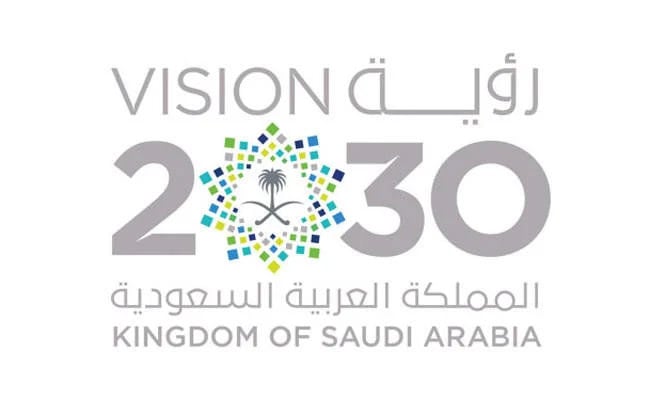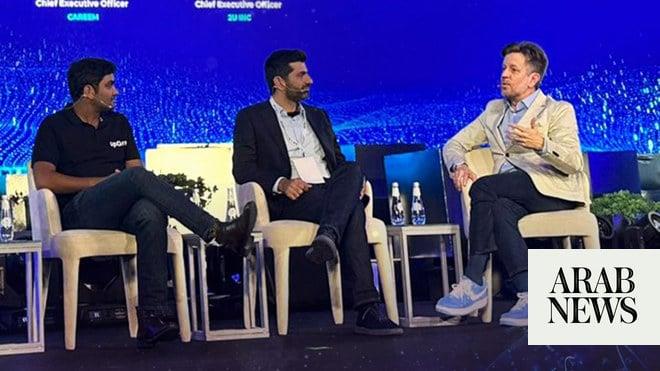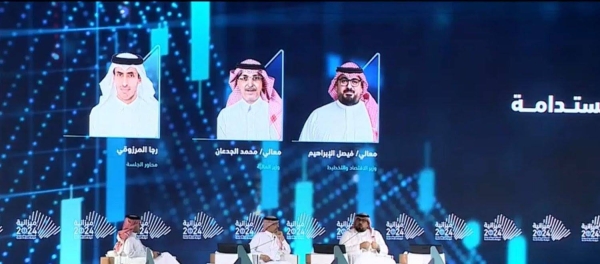
Almost every nation in the modern world depends on different tools, alongside standard political tools and channels, to promote its identity and introduce itself to the world in a positive manner free of stereotypes, cliches, biases, prejudices and preconceived notions that fail to acknowledge and recognize its rich history and reality. Such misconceptions are often popularized due to the negative influences of various media outlets, political or partisan positions of individuals or parties, or simply because of ignorance of all issues related to a particular nation.
When government officials speak about their homeland, its accomplishments and the various opportunities present, or work to correct misconceptions or stereotypes, their credibility is often initially questioned, despite the veracity of their statements. Since their professional duties include promoting and defending their homeland, their statements are assumed to be biased and, in most cases, are taken with a pinch of salt.
Hence, given this context, popular diplomacy, led by educational, cultural or academic nongovernment organizations as well as individual initiatives, can become important in promoting achievements and successes of a nation.
In addition to correcting misconceptions, presenting an accurate image of a nation’s reality and communicating regularly with other countries is critical. To this end, it is important for a realistic, balanced and scientific strategy to be adopted. In this context, local media and communication outlets should play a vital role in enabling diplomatic missions to succeed in their outreach and help them achieve their objectives.
Saudi Arabia has already suffered several losses due to the activities of hostile Western political lobbies, mostly linked with countries that adopt belligerent positions toward the Kingdom, most particularly Iran. The pro-regime Iranian diaspora, which has infiltrated the highest levels of Western decision-making circles, think tanks, research and academic institutions, provides recommendations and consultations to governments, and plays a central and active role in depicting the Kingdom in a negative light.
For at least the past four decades, Iran has experienced human capital flight, as the best and brightest move abroad, seeking freedom to exercise their creativity and develop their careers. This trend continues to the current day, with more and more Iranians emigrating due to the repressive political, social and security conditions in Iran and the greater academic and professional opportunities overseas. Most Iranian emigrants come from the ranks of the elite and the most promising university students, with official Iranian statistics suggesting that 200,000 Iranian students emigrate annually, causing Iran to lose $2 billion a year.
It is time for Saudis to showcase the Kingdom in all its modern, dynamic, multifaceted complexity.
Dr. Mohammed Al-Sulami
Some of these young Iranian emigrants have risen to senior positions in various leading institutions and research bodies in their adopted nations, and have gone on to become tools of the Iranian regime’s foreign policy in the West, whether willingly or through coercion, or sometimes due to nationalist or ethnocentric reasons. In this capacity, they work to distort and besmirch the image of other nations in the regions surrounding Iran, serving the regime and its interests, or assisting it in circumventing sanctions, sometimes through establishing front companies. Iran is not the only nation to engage in such activities prompted by various ideological and political motives.
In contrast, we find that Saudi students who emigrate to various nations worldwide to study focus primarily on successfully concluding their studies as fast as possible and immediately returning to the Kingdom to live and work. There is no doubt that this is positive for the Kingdom, reflecting the fact that Saudi citizens of both sexes are extremely enthusiastic about contributing to building their homeland. Unlike young Iranian emigrants, young Saudis abroad find the prospect of returning to their homeland far more appealing.
This reality of most young Saudis traveling abroad only briefly to study before returning on graduation to the Kingdom means that there is far less of a Saudi presence in Western research institutions and think tanks than of Iranians. Hence, Saudis have far less chance to influence public opinion. Unfortunately, this absence has been seized on by governments and groups hostile to the Kingdom to paint a misleading image of it and to continuously depict it in a negative light.
Given these factors, considering the rapidly blossoming climate of transformation and openness in the Kingdom, along with the burgeoning opportunities in the tourism, investment and cultural sectors, it is vital to seriously consider how best to establish a more proactive form of international Saudi popular diplomacy and encourage NGOs to play an active role in dispelling misconceptions and negative stereotypes about the Kingdom. It is time for us Saudis to represent ourselves and showcase the Kingdom in all its modern, dynamic, multifaceted complexity, rather than depending on foreign PR firms that, in most cases, have little real insight or understanding of the Kingdom, or even depend on the same misinformation or simplistic cliches that we are attempting to escape from and challenge.
• Dr. Mohammed Al-Sulami is president of the International Institute for Iranian Studies (Rasanah).
Twitter: @mohalsulami









